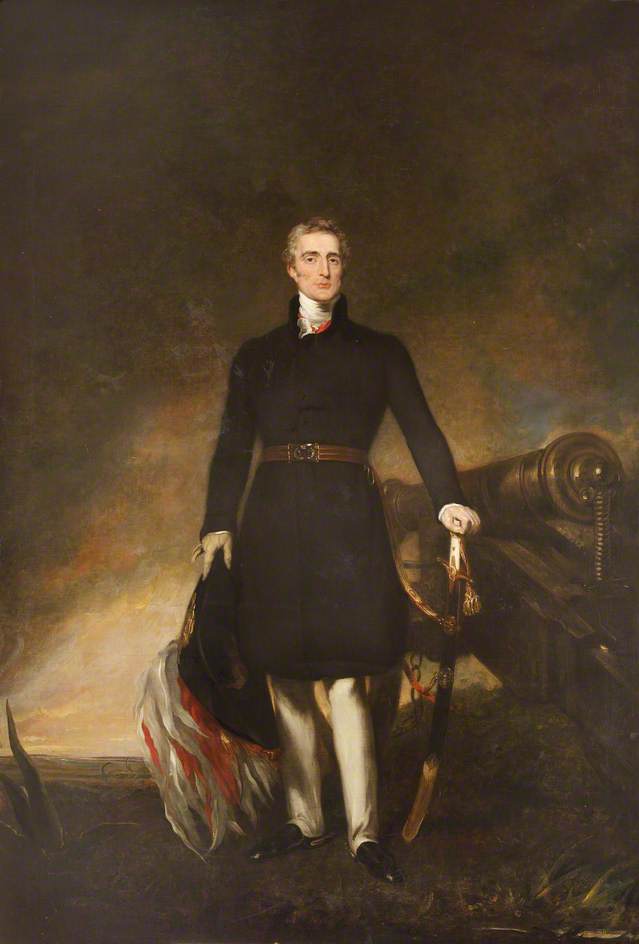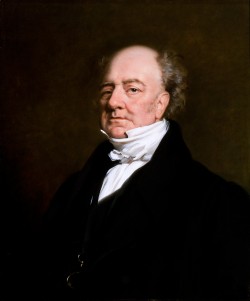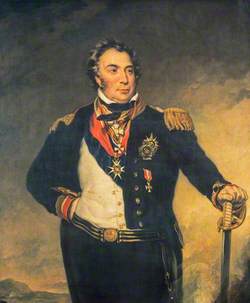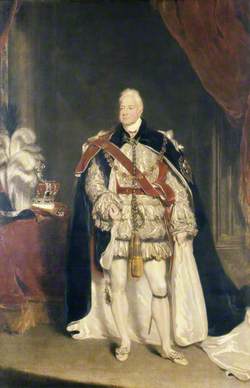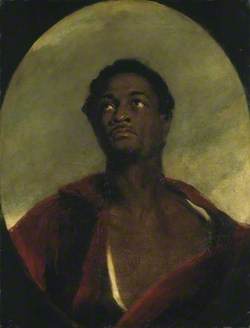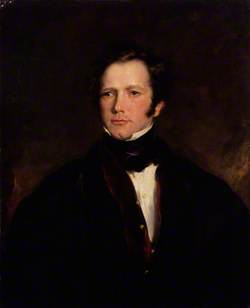How you can use this image
This image can be used for non-commercial research or private study purposes, and other UK exceptions to copyright permitted to users based in the United Kingdom under the Copyright, Designs and Patents Act 1988, as amended and revised. Any other type of use will need to be cleared with the rights holder(s).
Review the copyright credit lines that are located underneath the image, as these indicate who manages the copyright (©) within the artwork, and the photographic rights within the image.
The collection that owns the artwork may have more information on their own website about permitted uses and image licensing options.
Review our guidance pages which explain how you can reuse images, how to credit an image and how to find images in the public domain or with a Creative Commons licence available.
Notes
Add or edit a note on this artwork that only you can see. You can find notes again by going to the ‘Notes’ section of your account.
Britain’s greatest soldier, the 'Iron Duke', Field Marshal Arthur Wellesley, 1st Duke of Wellington, KG, GCB, GCH, PC, FRS, also a member of the Anglo-Irish aristocracy. Commissioned into the Army in 1787, he was also elected as a Member of Parliament in the Irish House of Commons. He rose to prominence as a General during the Peninsular campaign of the Napoleonic Wars, promoted to Field Marshal after victory at the Battle of Vitoria in 1813. He was appointed the Ambassador to France and made a Duke in 1814 before commanding the Allied army of Anglo-Dutch, Hannoverian and Prussian troops that defeated Napoleon at the Battle of Waterloo after his return from exile. Prime Minister from 1828 to 1830 and in 1834, he was a leading figure in the House of Lords. He remained Commander-in-Chief of the Army until his death in 1852 when, at his request, he was laid in state at the Royal Hospital Chelsea amongst his old soldiers rather than in St Paul's.
Title
The Duke of Wellington (1769–1852)
Date
1839 or before
Medium
oil on canvas
Measurements
H 256 x W 175 cm
Accession number
9
Acquisition method
presented by Robert A. Laing, Esq., 1881
Work type
Painting
